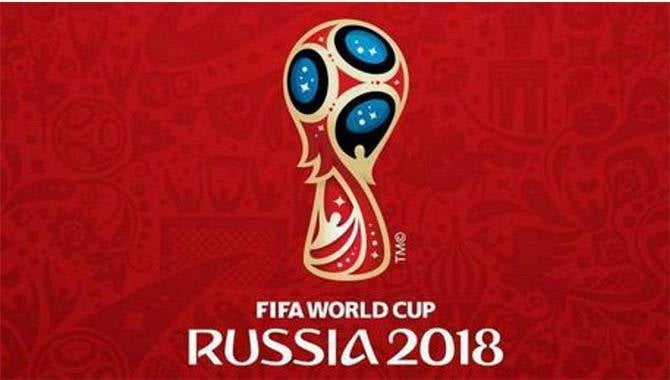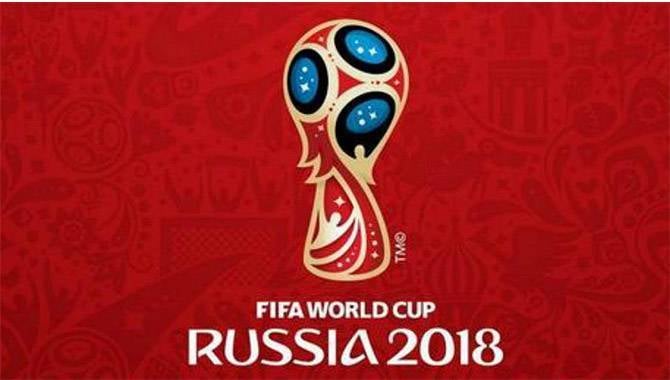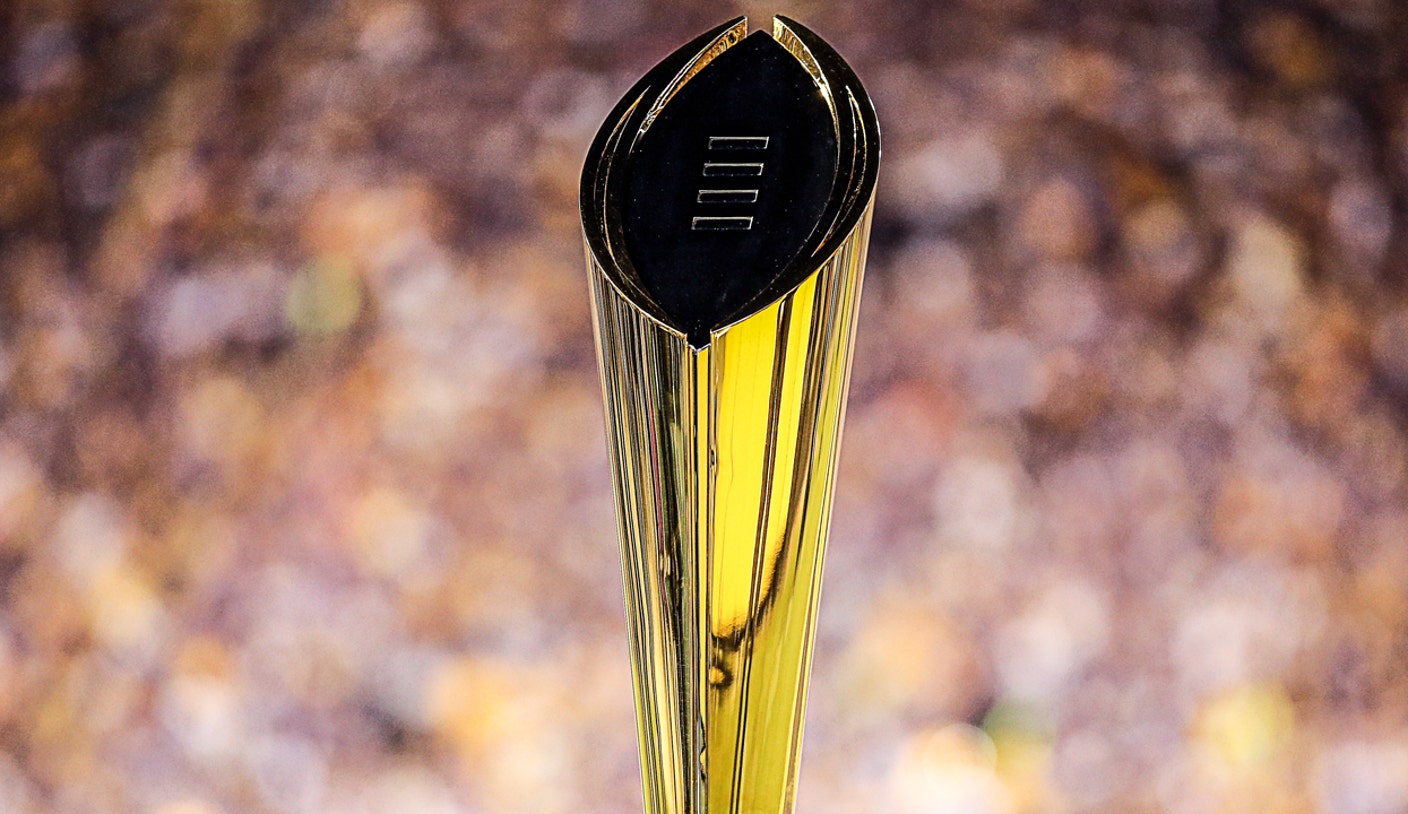
In countries like Thailand and Malaysia, football is a popular sport and since there aren’t any legal betting operators, illegal gambling is predominant according to gambling industry experts.
Betting is legal in South Korea and Hong Kong under registered companies but illegal activities still overshadow the legal market. Having moved to online platforms, illegal operators offer a larger scale of options than legal ones do which makes it harder to police the activites.
According to Transparency International and the Asian Racing Federation, Asia makes up 80% of the global estimate of $500bn in illegal bets.
Police in Hong Kong and Macau have stated that crime organisations tend to use platforms like WeChat for betting.
Hong Kong’s horse racing and football betting franchise, the Hong Kong Jockey Club, said that online payment providers make it easier for illegal bets to happen.
The club’s Director of Security and Integrity, Martin Purbrick, said: “Illegal betting is a major revenue stream for organised crime.This is because it is relatively easy to operate, there is a low risk of detection as websites can be operated offshore, and there are substantial betting markets where there is a limited legal betting product.
“This is because it is relatively easy to operate, there is a low risk of detection as websites can be operated offshore, and there are substantial betting markets where there is a limited legal betting product.”
“There is a need to develop and execute a sustainable enforcement strategy for a lasting impact against illegal betting and related transnational organised crime.”
“The growth of mobile apps and online betting through mobile devices has resulted in a surge in the growth of illegal betting in the past ten years, and we estimate that illegal betting is growing twice as fast as legal betting in Asia.”
The club estimates that this year’s illegal betting output will be $68bn, including the World Cup, in comparison with Singapore’s and South Korea’s annual $6.5bn and $79bn respectively.
Back in May a report by the Post predicted a rise in illegal betting for the 2018 World Cup. According to industry executives, the illegal activities are expected to be higher than during the 2014 World Cup due to the shorter time difference between Russia and Asian countries. Additionally, illegal betting is further assisted by offshore companies.
The Philippines in particular sells online betting linceses to operators but the sites are still illegal in places like Hong Kong and South Korea regardless of their offshore license.
Police in Hong Kong are currently tackling illegal gambling activites with an anti-gambling operation called “Crowbreak”.
And more recently, authorities in Vietnam’s Vinh Phuc province announced the filing of charges against 22 individuals for their association with a betting ring that processed wagers online via the betting site 3in1bet.com, with six individuals being taken into custody.



